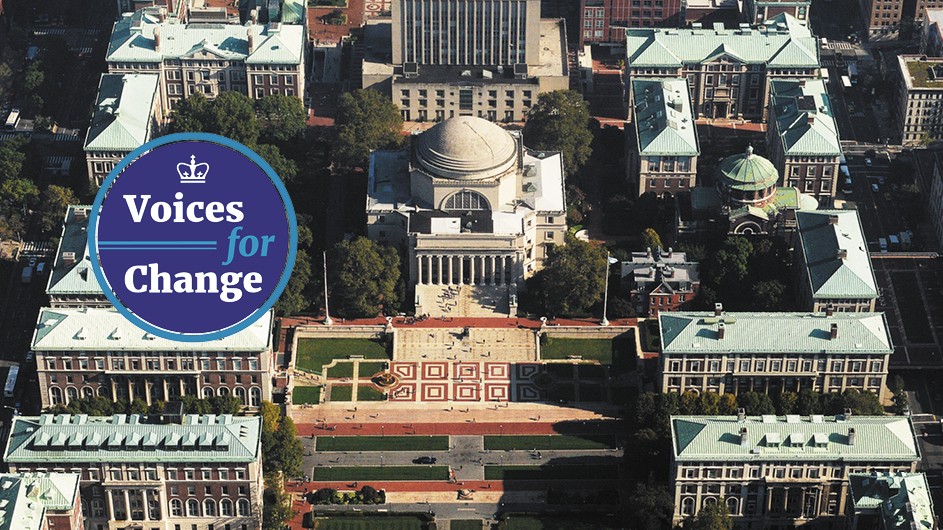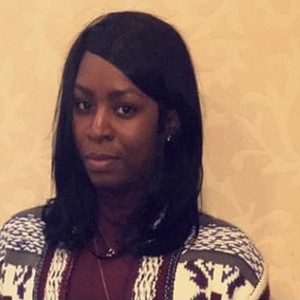Voices for Change

Phoebe Sade-Arnold, Director of Community Affairs, Office of Government and Community Affairs
It’s About More Than Keeping Up Appearances
My biggest concern about the anti-racism task force was that it would not be formed out of a genuine desire to address antiracism, but rather as a way to keep up appearances.

I was then inspired to join the task force because it presented a real opportunity to effect change. Most of my work focuses on Columbia’s relationship with the external community. The more effective we are at creating a more inclusive community within the university, the more effective we can be at building a better relationship with our external community.
Aim to Be Culturally Sensitive
I work with several departments that have projects that involve the external community. I have found that some are aware of their unintended bias and want to have conversations about being culturally sensitive when engaging the community.
Add Your Voice
My advice to those doing antiracism work is to be overly sensitive to the experiences of others. Although it's not always intentional, we tend to inject our personal bias into our work, which led to many of the systemic challenges we face today. Taking into account the experiences of others and how they are affected by others is a great way to create a more inclusive environment.